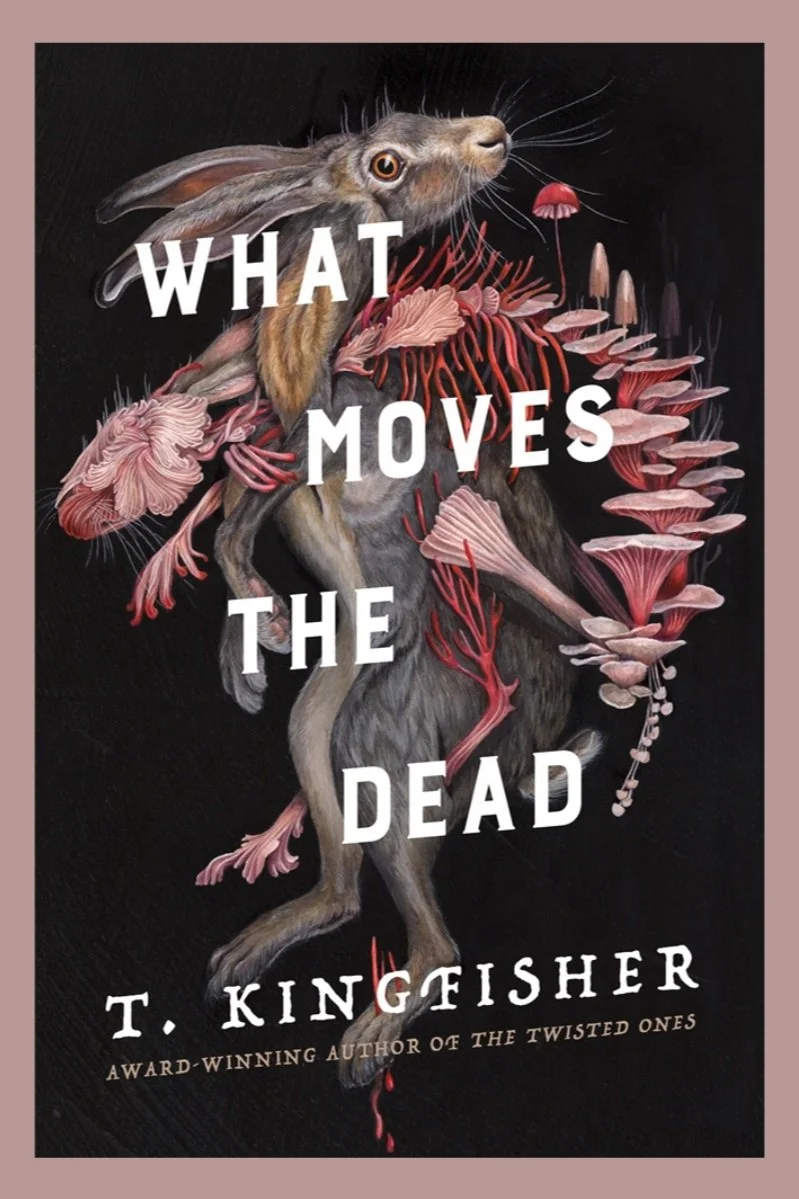Fight Club – Chuck Palahniuk
Chuck Palahniuk's “Fight Club” has gained cult status for its literary transgression and societal critique, but the novel is nothing more than a sophomoric and misogynistic rant.
It’s the type of book that someone reads in their twenties and finds edgy and dangerous, but that’s simply because it is effective at appealing to those with an underdeveloped world view.
The novel thrives on its shock value. The unnamed narrator, a stereotypical emasculated male, finds solace in the violent underground fight club led by the charismatic yet equally one-dimensional Tyler Durden.
Palahniuk effectively captures the disillusionment and disenfranchisement Gen X felt in the 1990s, but the critiques of consumerism and white collar expectations — relevant coming out of the “decade of excess” — lack nuance today. Project Mayhem's anarchist antics, once edgy, now read as childish and hollow.
Even though the plot's central twist — a clever idea — is largely known now, it’s almost underplayed. Throughout, the writing suffers from choppy dialogue and repetitive details (fights as feelings!) about soap-making and explosives.
By today’s standards, the portrayal of mental illness is jarringly insensitive, and the fascination with violence is gratuitous with little pay off. All that to say, the whole thing is stressful and frustrating, which in some ways, is the point of the novel.
However, as a nihilistic satire it does spark some interesting thoughts. Palahniuk, a gay man, offers a searing critique of toxic masculinity and heteronormativity, even if it's implicit. He also foresaw the dangers of aggrieved entitlement, a sentiment that has arguably gained traction in recent years with movements like white nationalism.
It’s for these reasons I think the novel is still largely viewed positively, but goodwill towards the film adaptation has also led many people to believe it is deeper than a one-note screed.
As if the story and execution wasn’t bad enough, don’t get me started on the terrible audiobook.
My husband and I listened to this on a brief road trip and it was painful. The narration by James Colby mirrors the frantic tone of the text, but this manic energy is exhausting rather than engaging. Add in some abrupt edits and tinny-sounding audio and it made an already bad situation worse.
“Fight Club,” ultimately, is a relic of a bygone era of edgy fiction that fails to live up to even the most basic standards of “classic” literature.
Rating (story): 1/5 stars
Rating (narration): 2/5 stars
Format: Audiobook (library loan)
Dates read: July 20, 2024
Multi-tasking: Not recommended. If you decide to read this, listening is definitely not the way to go. The novel’s structure is inherently difficult to follow, and the audiobook production is rather uninspired.





